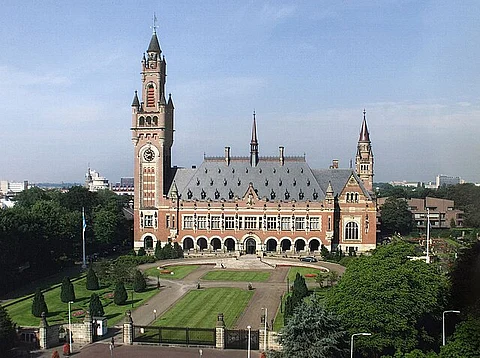

The International Court of Justice (ICJ) delivered a historic advisory opinion on July 23, affirming that states have binding legal obligations to prevent catastrophic climate change. In a unanimous decision, the court ruled that countries must limit global warming to 1.5°C under the Paris Agreement, emphasizing that failure constitutes a breach of international law. Crucially, the opinion recognizes a "clean, healthy, and sustainable environment" as a fundamental human right, a precedent expected to reshape climate litigation worldwide.
Beyond existing climate treaties, the court clarified that obligations stem from human rights law, the law of the sea, and the duty to prevent transboundary harm. Significantly, it opened the door to climate reparations, stating that nations causing "significant harm" through emissions could face legal consequences, including compensation for affected countries. While non-binding, the opinion carries moral and legal weight, offering vulnerable nations a tool to hold major emitters accountable.
The ruling resulted from a six-year campaign led by Pacific Island students. Vishal Prasad of Fiji and the group Pacific Islands Students Fighting Climate Change first proposed the case in 2019, securing Vanuatu’s diplomatic backing. Their push culminated in a 2023 UN General Assembly resolution requesting the ICJ’s opinion. "This is a lifeline for small island states," Prasad stated, noting that Pacific communities face displacement, cultural loss, and extreme weather despite minimal emissions.
During December 2023 hearings, wealthy nations like the U.S. and China argued climate duties should derive solely from the Paris Agreement. Conversely, developing states and island nations demanded binding measures and financial support from high-emission countries. With the opinion now guiding COP30 talks in Brazil and future lawsuits, campaigners urge immediate action: "Governments can no longer turn a blind eye," said Prasad.